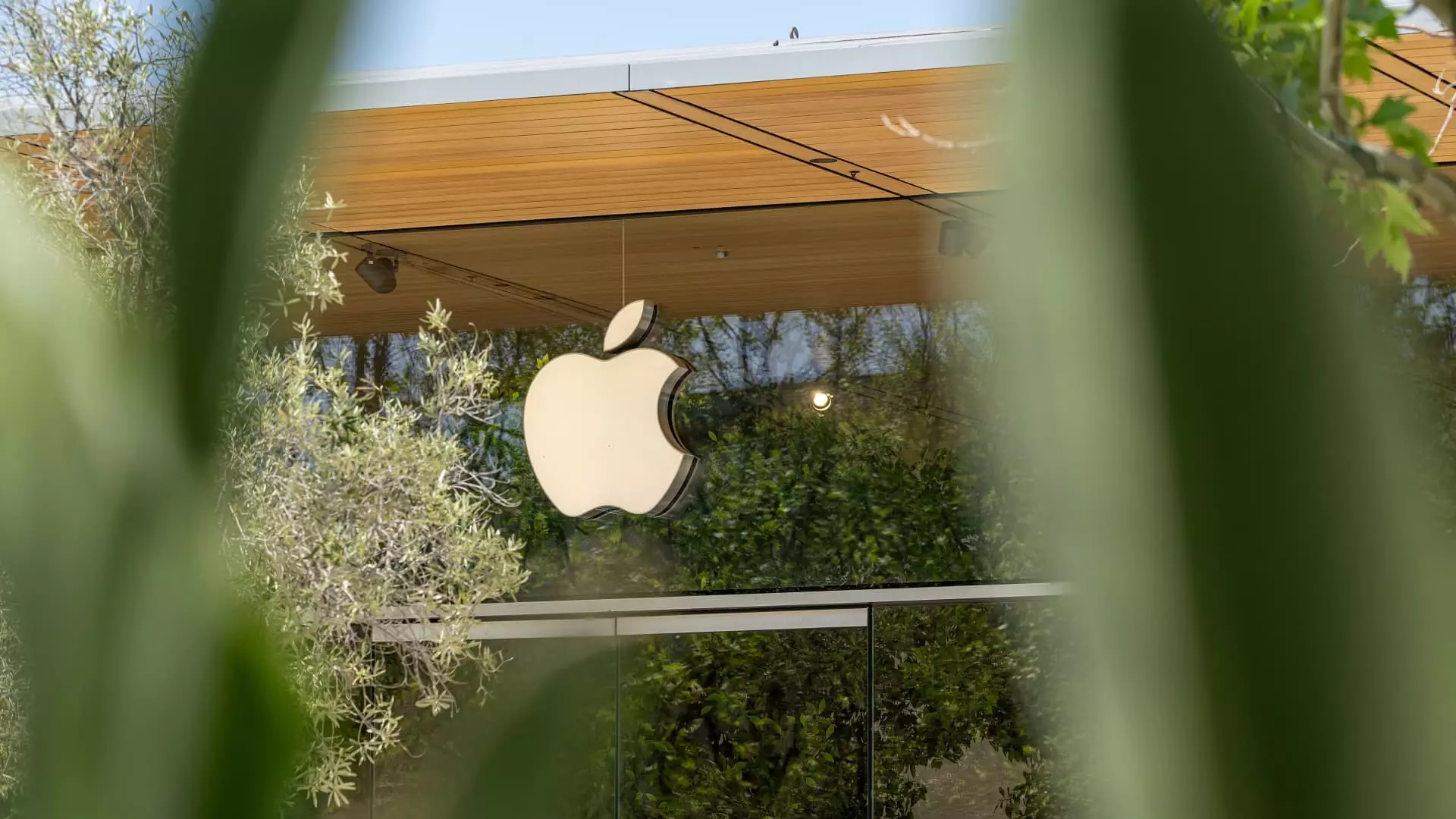Apple finds itself in yet another turbulent chapter of its ongoing legal battle with Epic Games, igniting discussions about market power, consumer choice, and the future of app development. In a significant ruling, U.S. District Judge Yvonne Gonzalez Rogers mandated a stop to Apple’s commission on in-app purchases that redirect users to external payment options. This court decision follows an earlier ruling from 2021, which also limited Apple’s restrictive linking policies. The legal tug-of-war raises essential questions about the dynamics of the App Store ecosystem and its broader implications for developers and consumers alike.
Apple’s Response: Seeking Legal Relief
In response to Judge Rogers’ most recent order, Apple is pursuing a temporary pause to avoid drastic changes that it claims could result in “substantial sums” of losses. The tech giant argues that enforcing this ruling could cost them hundreds of millions to billions of dollars annually, jeopardizing their lucrative App Store revenue model. Their urgency to appeal reflects not just a desire for financial preservation but also highlights the enhanced competition that emerging app payment frameworks present.
Apple’s claims about the economic repercussions of these changes hint at a company deeply invested in maintaining its stronghold over its financial ecosystem. The firm maintains that non-party developers are exploiting the ruling in ways that threaten to undermine consumer choice and damage Apple’s business framework. This perspective underscores the ongoing friction and mistrust between app developers and platform holders, painting a clear picture of the adversarial relationship that has developed over time.
The Impact on App Developers and Market Dynamics
The repercussions of Judge Rogers’ ruling extend far beyond Apple’s corporate bottom line. With the potential elimination of commission fees, developers like Amazon and Spotify have already begun adapting their applications to sidestep Apple’s financial grip. For instance, after a critical update, Amazon’s Kindle app now informs users about book purchases through a direct link to its website, a seismic shift from their prior limitations that discouraged external transactions.
Epic’s strategizing to introduce new software for easier external link integration showcases a broader trend in the tech industry. The court’s ruling spurs innovation and creates a more competitive environment, which, according to Epic CEO Tim Sweeney, is precisely the intended outcome. “This forces Apple to compete,” he stated emphatically, stressing the need for a more equitable marketplace for all developers.
However, the evolving landscape also poses risks. If external payment systems proliferate without adequate safeguards, it could compromise user security and service quality. The balance between fostering competition and ensuring a safe user experience becomes tenuous in this newly competitive framework.
The Significance of the Court’s Findings
The legal proceedings have not merely centered around financial implications. Judge Rogers’ severe criticism of Apple, including a referral regarding alleged misrepresentation during testimony, casts a shadow over the company’s corporate ethics. By asserting that Apple’s leadership, including CEO Tim Cook, engaged in acts that misled the court, the judge has amplified scrutiny of the tech giant’s decision-making processes.
Apple’s failure to address these allegations directly during its recent filings illustrates a potential oversight on its part. While the company focuses on its financial narratives, it must grapple with the associated reputational risks. A clean corporate image is crucial for engendering consumer trust and confidence, particularly as public scrutiny of big tech continues to mount.
The Road Ahead: Legal and Commercial Implications
The outcome of Apple’s appeal has the potential to reshape the App Store forever. Should Apple succeed, it may regain its previous levels of control, limiting developers’ capacity to establish alternative payment routes. Conversely, a failure to appeal may further catalyze a restructured app economy, where developers leverage their newfound opportunities to increase profitability without relying on Apple’s commissions.
More importantly, this legal battle is illustrative of a larger push against monopolistic platforms, with ramifications extending beyond Apple and Epic. It resonates with a growing chorus advocating for fair competition and equitable treatment in the tech landscape. The perception of app stores as gatekeepers of economic opportunities is being challenged, laying the groundwork for a new paradigm that could either empower developers or entrench existing powers in unforeseen ways.
As this high-stakes contest unfolds, the tech world watches intently, aware that the future of app development and digital commerce hangs in the balance.

